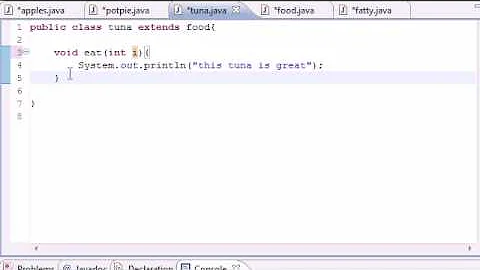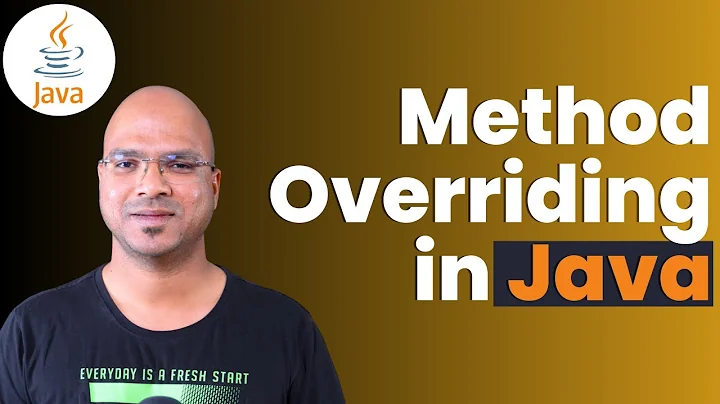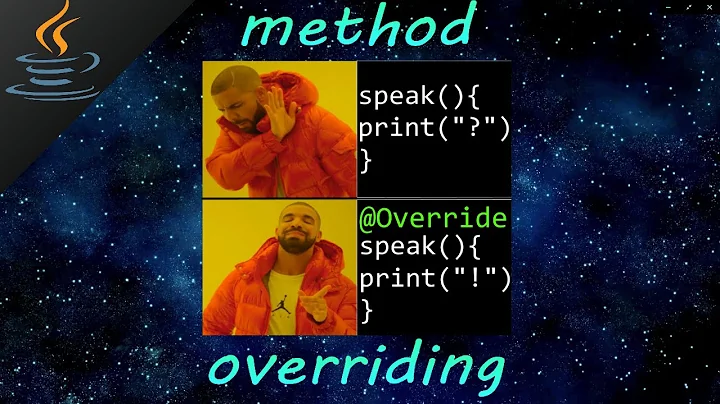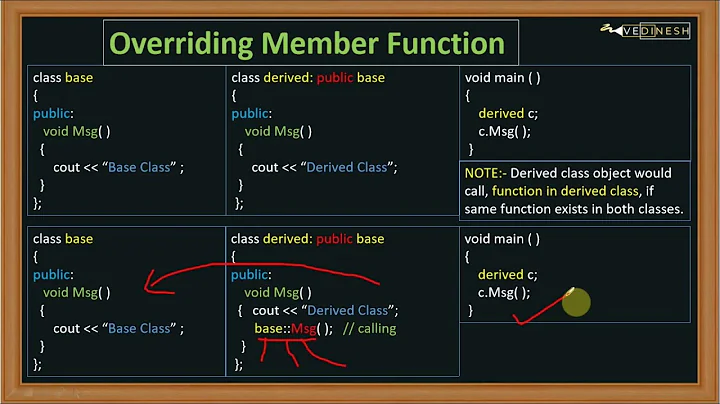Calling overridden function from the overriding function
Solution 1
This is perfectly good. In fact, the canonical way of performing some operations is calling the base class method, then do whatever (or the other way around). I am thinking of operator= here. Constructors usually work that way, too, even if this is a bit disguised in the initialization list.
Solution 2
Yes, its totally ok as long as you are not violating the Liskov Substitution Principle.
Solution 3
Yes, it is.
Solution 4
I have seen GUI frameworks use this to fall back on the base class's default implementation which contained code to signal errors/throw an exception/return a generic value.
Solution 5
It's ok. Syntax you had gave can be also used to temporary turn off polymorphism, i.e. when you call obj->B::foo() method will be chosen from class B regardless if foo() is virtual or not and if obj is instance of B or not (it must be an instance of class extending B though).
Related videos on Youtube
Comments
-
Tachikoma almost 2 years
Suppose I have virtual function foo() in class B, and I need slightly different behavior in one of B's derived classes, class D. Is it OK to create an overriding function D::foo(), and call B::foo() from there, after the special case treatment? Like this:
void D::foo() { if (/*something*/) // do something else B::foo(); }I am not asking whether that would work, I know it will. I want to know, whether it is right in terms of a good OOD.
-
user1066101 almost 15 yearsCommon, standard, normal, typical, widely-used. Indeed, it's absolutely essential to be able to do this.
-
xtofl almost 15 yearsYou can't guarantee the function isn't called from a subclass of B, in which case you're not turning of anything at all.
-
 Admin almost 15 years@xtofl: You say that if I have B extends A, C extends B, i.e. A<B<C class hierarchy, and C obj;, then calling obj->B::foo() is permitted to call A::foo() ?
Admin almost 15 years@xtofl: You say that if I have B extends A, C extends B, i.e. A<B<C class hierarchy, and C obj;, then calling obj->B::foo() is permitted to call A::foo() ? -
 Admin almost 15 years@xtolf: I just verified my answer and it appears to be correct.
Admin almost 15 years@xtolf: I just verified my answer and it appears to be correct.








